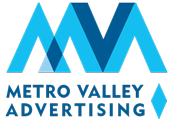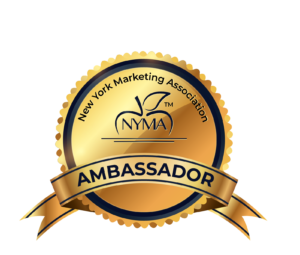Many business owners are confused about PR and why it should be part of their marketing. For many, public relations is a luxury. But properly crafted PR can help build a brand. According to Hubspot, PR involves the cultivation of “a positive reputation with the public through various unpaid or earned communications, including traditional media, social media, and in-person engagements.” To get some PR insights we turned to David Grant of Grant PR and Rachel Anteman of Saygency.
“Unpaid” and “earned” distinguish PR from Advertising” says PR veteran Antman. “The overarching objectives of the two practices are similar – to raise awareness and enhance reputations – but the methods are different. With advertising, you decide what your message is, the methods you’ll use to deliver it, and when”. As Grant notes, “Advertising is much less credible, because no matter how clever an ad is, we all know an ad when we see it.” PR is distributed by a third party. Publishers are not paid to distribute stories. A PR article is published to provide information, so it is treated as an endorsement, not a sales pitch.
Why Use a PR Agency
PR firms take an analytical approach to promoting a business. They look at competitors and see how their client stacks up. Working with the client to identify their target audience and understand how they consume media, a Public Relations agency creates stories that highlight what makes a business unique. Then those articles are placed into media. “That’s what p.r. people do is arrange stories – that run in the media” says Grant. “Articles – not ads”. And because they are in the business, PR companies have relations with media outlets and speak the same language. A good PR agency will know how to get their client into the public’s eye, and keep them there.
DIY PR
There are some ways to cultivate PR on your own. Begin by writing your own story. Look at what makes you different from your competitors. Think about this from a reporters’ point of view. What makes your business compelling? Do you have a different business model? Are you solving a difficult problem? Some businesses are very involved in their communities. Does your business give back in a special way? With a strong story or two approach the media.
DIY Platforms
Some business owners will have contacts in the media with reports, bloggers, podcasters etc. Most will not. There are several ways to accelerate the process. One way is to use HARO – Help A Reporter Out, which gives access to reporters, bloggers and journalists who are looking for expert sources. Another platform is PRWeb. PRWeb publishes press releases throughout the Internet to search engines, major news outlets, blogs etc. A third platform worth considering is Online PR Media. Not only does this platform help promote your stories it also works to use your PR for search engine optimization efforts. Most of these platforms come with a cost so investigate carefully.
Public Relations has a unique value in building your brand and helping Marketing. Articles about your company that appear in media outlets are seen as unbiased by the public. Because they feel authentic, readers react favorably to them. Public Relations is misunderstood by many, but a consistent PR campaign is very effective at developing a favorable public perception for your business. PR should be part of every marketing plan.



